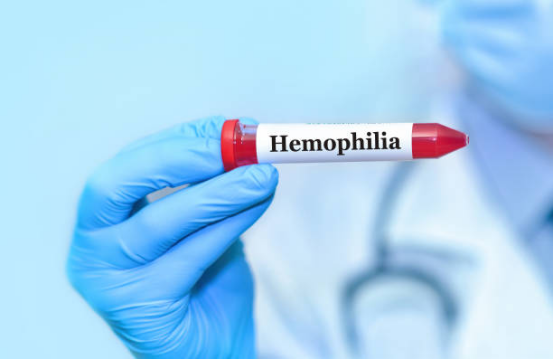Understanding Hemophilia Treatment Options: A Detailed Overview
Hemophilia is a rare genetic disorder that affects the blood's ability to clot properly, leading to spontaneous bleeding or prolonged bleeding after injury.
Hemophilia is a rare genetic disorder that affects the blood's ability to clot properly, leading to spontaneous bleeding or prolonged bleeding after injury.
Over the years, advancements in treatment have significantly improved the lives of individuals with hemophilia. This article explores various treatment options, from conventional clotting factor therapies to groundbreaking gene therapies, providing a comprehensive understanding of current and future treatment possibilities.

Clotting Factor Replacement Therapy
The cornerstone of hemophilia treatment is clotting factor replacement therapy, which involves infusing the missing clotting factors directly into the bloodstream. For individuals with Hemophilia A, clotting factor VIII is used, while those with Hemophilia B receive factor IX. These infusions help the blood to clot properly and prevent excessive bleeding. The frequency of infusions varies depending on the severity of the condition and the patient's response to treatment.
Challenges with Inhibitors and Immune Tolerance Therapy
One significant challenge in treating hemophilia is the development of inhibitors—antibodies that neutralize the clotting factors infused into the body. This can make treatment less effective. Immune tolerance induction (ITI) therapy is one solution, involving high-dose clotting factor infusions over time to help the immune system become less reactive to the clotting factors, potentially overcoming inhibitor resistance.
Extended Half-Life Clotting Products
Recent innovations have led to the development of extended half-life clotting factors, which offer prolonged activity in the bloodstream. These new treatments reduce the frequency of infusions, thus offering greater convenience and improving patient adherence to their treatment regimen. Extended half-life products provide a promising alternative for individuals with hemophilia, offering longer protection between treatments.
Gene Therapy: A Game Changer
Gene therapy is one of the most promising advancements in hemophilia treatment. By introducing a functional copy of the defective clotting factor gene into a patient's cells, this approach enables the body to produce its own clotting factors. Though gene therapy for hemophilia is still being studied in clinical trials, initial results have shown great promise, reducing bleeding episodes and minimizing the need for regular clotting factor infusions. As research progresses, gene therapy could potentially provide a long-term or permanent solution to hemophilia.
Holistic Management of Hemophilia
Effective hemophilia management goes beyond medications. A comprehensive approach includes regular monitoring of clotting factor levels, adherence to prescribed therapies, and maintaining joint health through physical therapy. Healthy lifestyle choices, such as a balanced diet and exercise, also play an essential role in overall well-being. Hemophilia treatment centers, staffed with multidisciplinary teams, provide specialized care, genetic counseling, psychosocial support, and educational resources to help patients and families navigate the complexities of the disorder.
Looking Ahead
The future of hemophilia treatment holds great promise, thanks to ongoing advancements in clotting factor therapies, gene therapy, and the development of new medications. By staying informed and engaged with the latest research, patients can actively manage their condition and make informed choices that improve their quality of life. The goal is not just to treat the symptoms but to provide lasting solutions and enhance overall health for individuals with hemophilia.